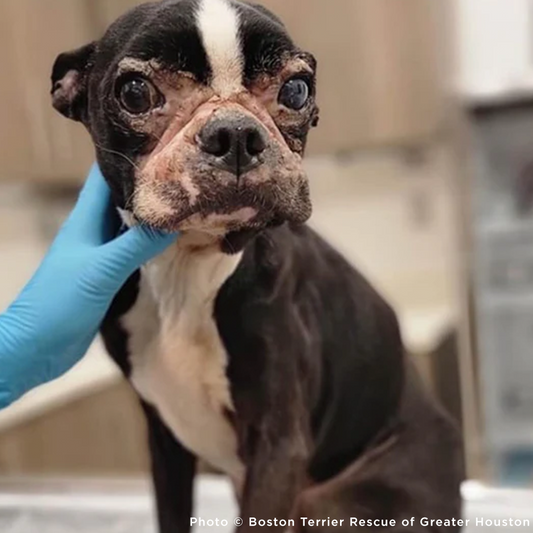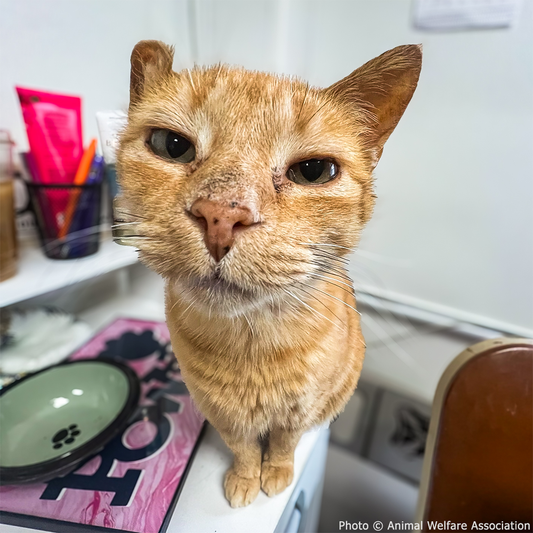Having a Good Partner Can Boost Breast Cancer Patients' Physical and Emotional Wellbeing
Michelle Milliken
Pixabay
When a person is diagnosed with cancer, their family and social circle can make all the difference. According to the American Cancer Society, cancer survivors with strong emotional support tend to be more adaptable, positive, and to enjoy better quality of life. Other research shows that social support can improve physical and emotional health, as well as survival. How does a romantic relationship impact things, though? It turns out it may go one way or the other, depending on how solid it is.
Research published earlier this year in the journal Healthcare examined how relationship satisfaction and agreement with their partner impacted breast cancer survivors physically and psychosocially. The decision to look into this stemmed from past research on a similar topic.

Dr. Eric Vachon, study co-author and research scientist with Regenstrief Institute and Indiana University School of Nursing, explains, “We knew from the literature that breast cancer survivors' rating of their relationship satisfaction is linked with some poor physical and emotional outcomes. We took that knowledge to the next level and combined the breast cancer survivors' and partners' views of relationship satisfaction and relationship agreement and determined impact on survivors' health."
To conduct their study, Dr. Vachon and his team recruited 220 breast cancer survivors and 167 controls – along with their partners – from a larger quality of life study. The average age of participants was in the mid-40s. Their health was gauged by factors including physical function, attention function, sleep disturbance, depression, and fatigue.
The team found that breast cancer survivors overall had lower rates of relationship satisfaction than controls. Among breast cancer survivors, though, relationship satisfaction was linked with better physical function, attention function, and sleep quality, while those with worse satisfaction had more social constraint, depression, and fatigue. However, disagreement in relationships didn’t seem to worsen physical function, attention function, or sleep quality.

Dr. Vachon says, "How the breast cancer survivor and partner communicated and handled stressful events, particularly those related to breast cancer, were linked to emotional and physical health for the survivor, with better agreement related to better outcomes.
"Interestingly, breast cancer survivors who rated their relationship satisfaction as high did not necessarily have better agreement with their partner or better well-being than those survivors who viewed their relationship less positively. It's the communication and relationship between the survivor and partner that are determinant.”
The researchers say their findings show the importance of relationship maintenance throughout cancer treatment, and they say it’s something even health care providers should consider.

They write, “For clinicians, making sure that based upon the preferences of the [breast cancer survivor], partners are involved in discussions, treatment, and overall care is vital to the short-term and long-term health of patients. For researchers, future work focused on physical and psychosocial outcomes should at the very least include relationship/marital variables, but more importantly, should also involve the [breast cancer survivor]’s partner, whenever possible.”
Michelle has a journalism degree and has spent more than seven years working in broadcast news. She's also been known to write some silly stuff for humor websites. When she's not writing, she's probably getting lost in nature, with a fully-stocked backpack, of course.




















